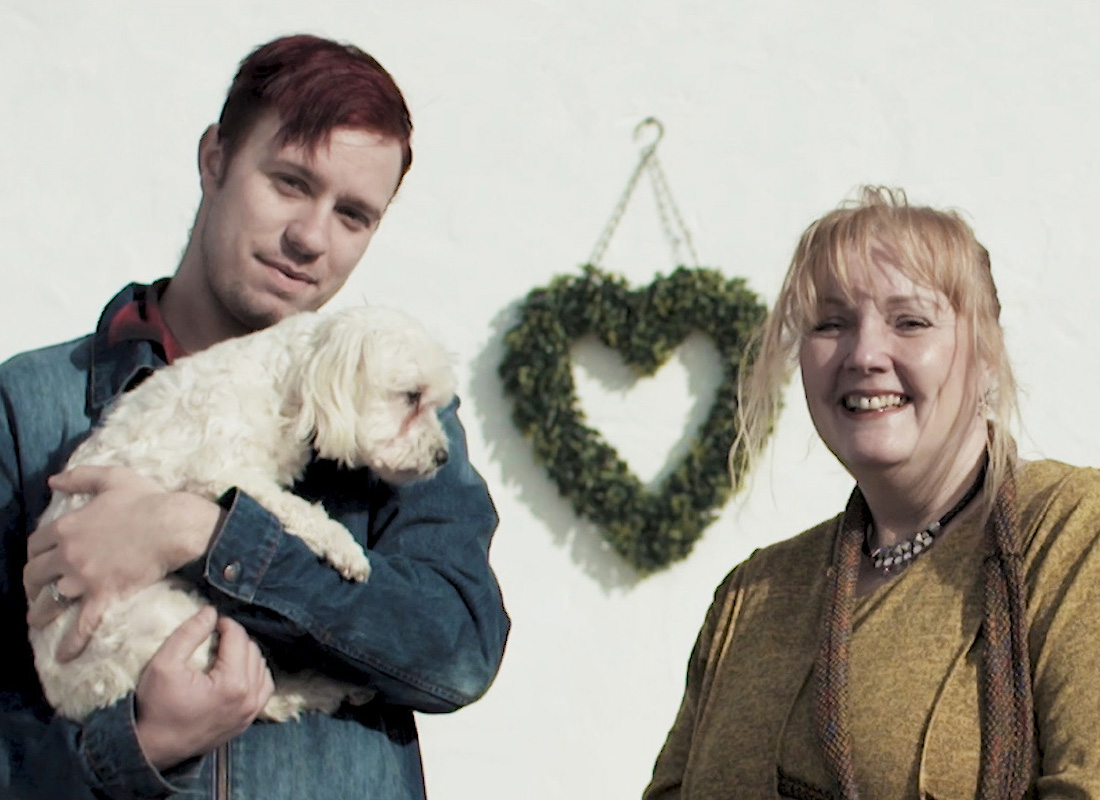‘I get to use my skills to give people the independence to grow.’
Rachael, Shared Days carer
Being self-employed as a Shared Lives carer
Shared Lives carers with PSS are self-employed, but you’ll have a dedicated team at PSS who will be there to support you and guide you through the whole process and beyond.
Being self-employed has loads of benefits: you can be your own boss, work hours you choose, pick who you support and get some tax relief, too.
If you’ve never been self-employed before, it can seem a little daunting at first. But don’t worry and don’t let it put you off – we’ll be with you every step of the way and we’ll give you as much information as you need.
Here we’ll cover some of the most-asked questions about being a self-employed Shared Lives carer.
You can read more FAQs about becoming a Shared Lives carer here.
Will I always have work?
Once you’re registered as an approved Shared Lives carer with us, you go into our database of carers.
When we do our match-making process, your name will come up if your skills, lifestyle and availability matches someone we support in your area.
We’re growing all the time and more and more people are coming to us for support, but it’s not guaranteed that you’ll always have someone to support. Lots of people keep another job alongside their caring role with us.
Will I need insurance as a Shared Lives carer?
Shared Lives carers need to have a few different insurance policies in place:
- Public liability insurance: Shared Lives carers are self-employed and provide a service to the public, so just like you would if you ran your own business like a shop or a hairdressers, you need to make sure you have cover in place. We can support you with that.
- Home insurance: we’ll need to see a copy of your home insurance.
- Car insurance: if you drive, you’ll need business cover for your car. We’ll need to see a copy of your car insurance and valid MOT.
Will I need a DBS check to be a Shared Lives carer? Who will pay for it?
Yes, you’ll need to get a DBS check as part of the recruitment and assessment process. It costs around £40 and you’ll need to pay for this yourself.
How much tax do Shared Lives carers pay?
Shared Lives carers get income tax relief. You will receive certain payments (qualifying amounts) tax-free. This means you can claim expenses for the money you spend on providing support – things like buying petrol, paying the bills and buying supplies for the person you support. And with qualifying care relief, you only need to keep simple records.
You’ll need to register with HMRC and complete a simplified self-assessment tax return at the end of the financial year. HMRC will be able to give you a hand with this if you need it.
Shared Lives carers do qualify for income tax relief, which in many cases means that they pay little or no tax.
Will the person I support as a Shared Lives carer contribute to my bills?
As a Shared Lives carer you’ll get contributions from the person you support for things like food, petrol and bills.


Interested in becoming a Shared Lives carer? Let your local team call you for a quick chat